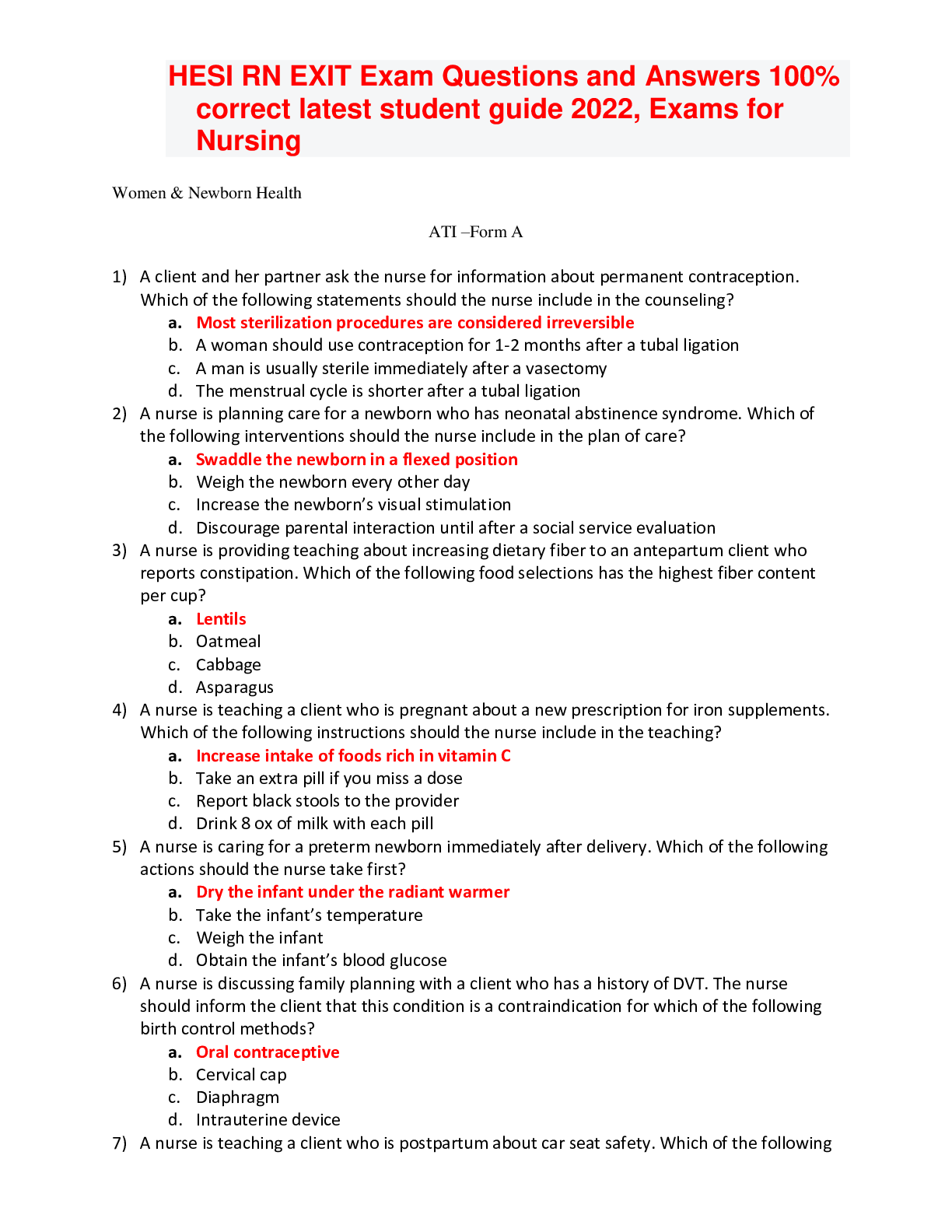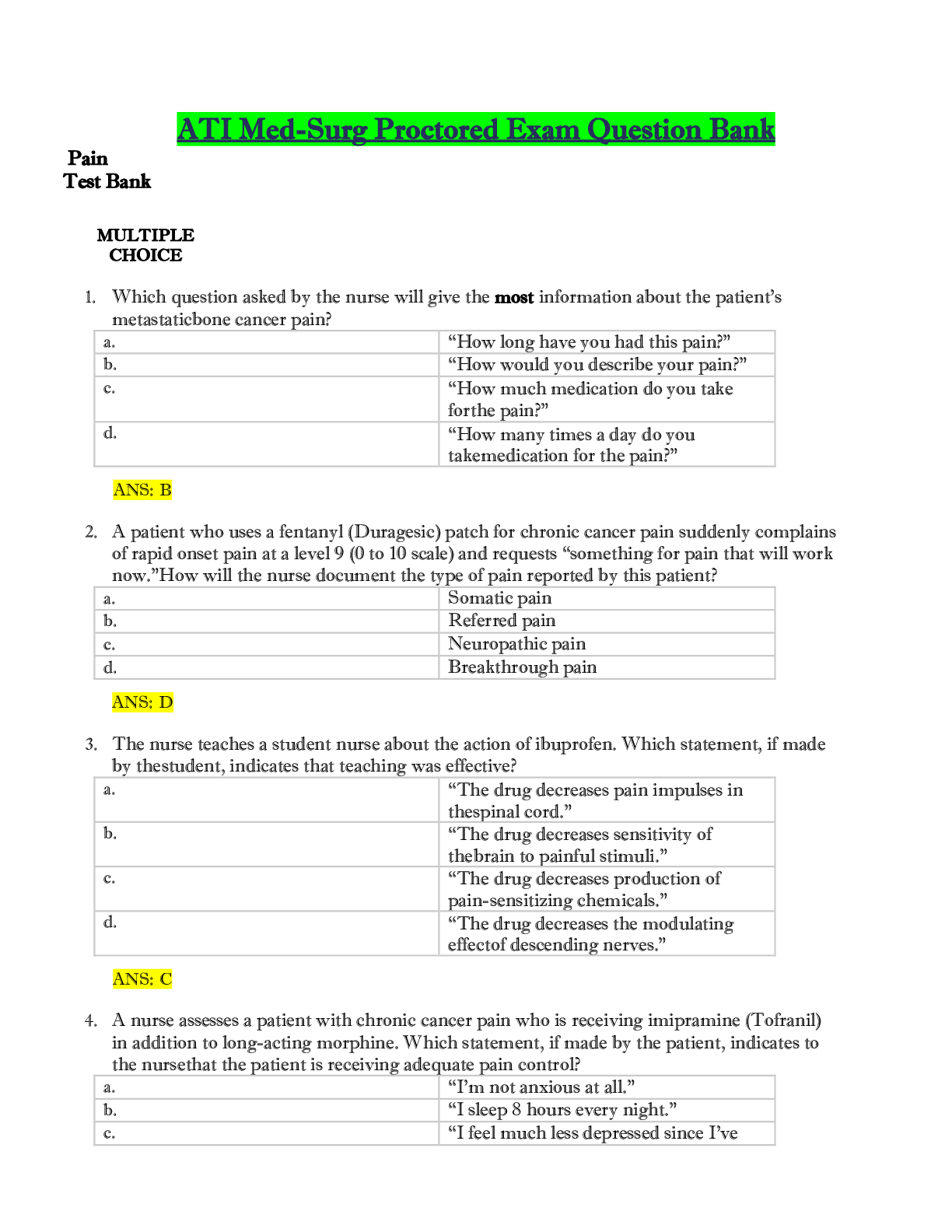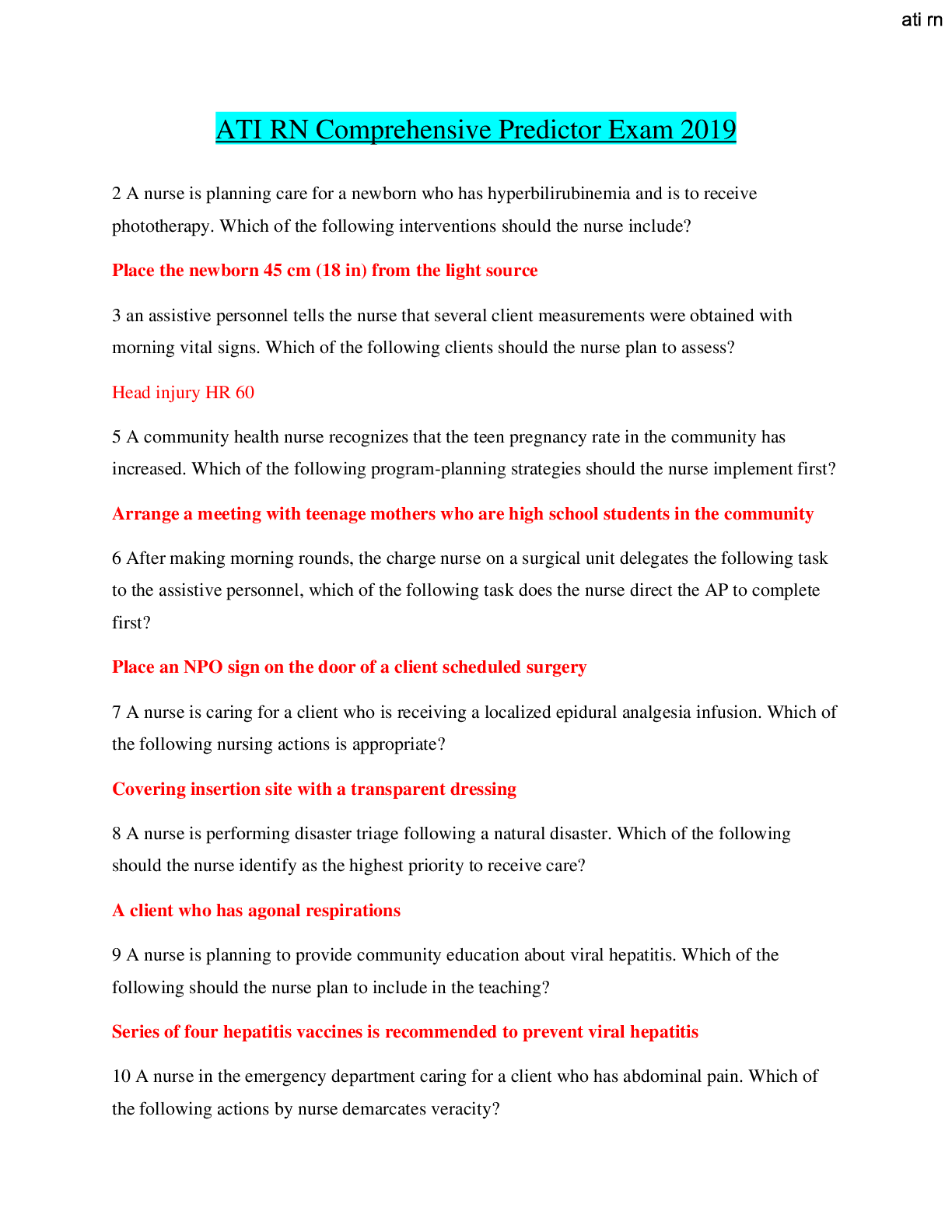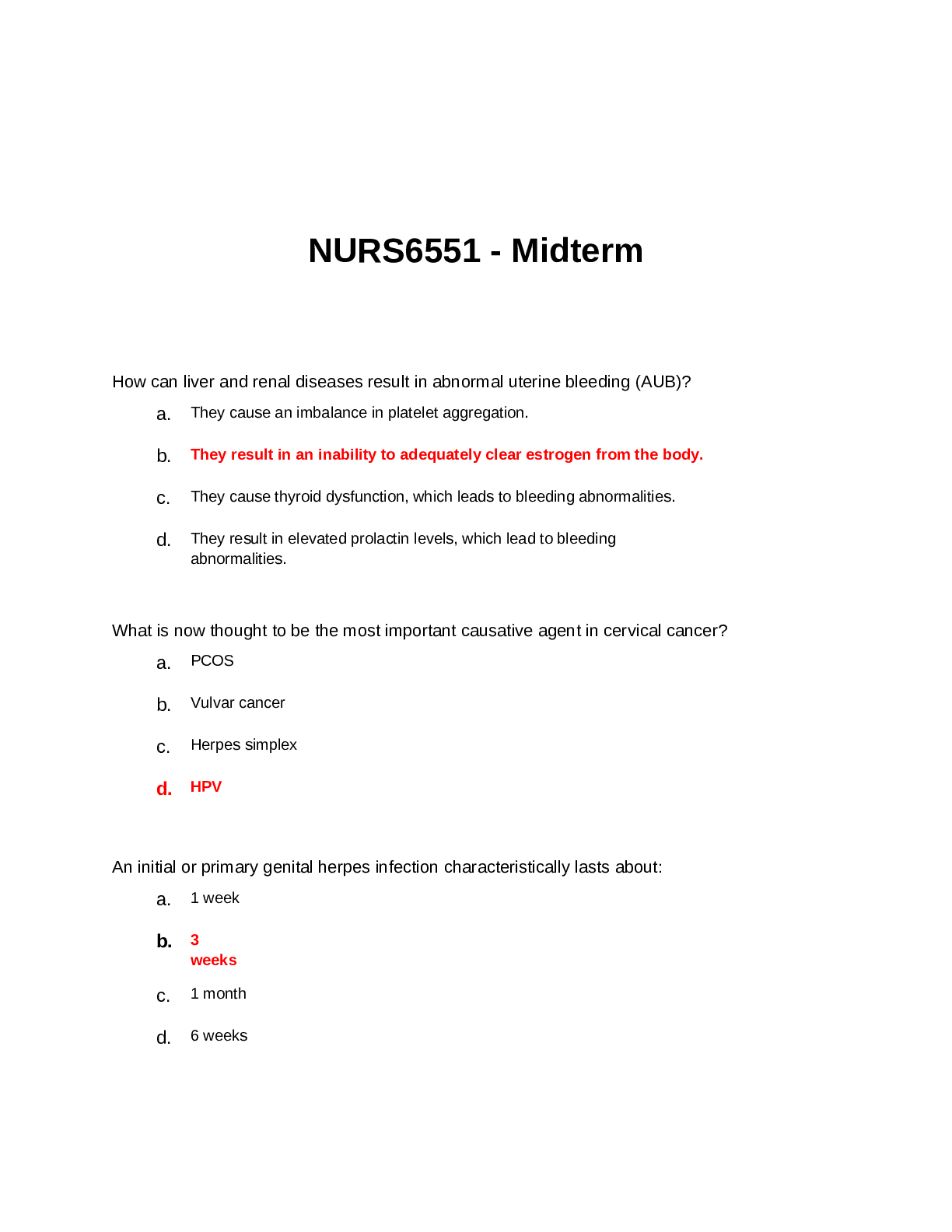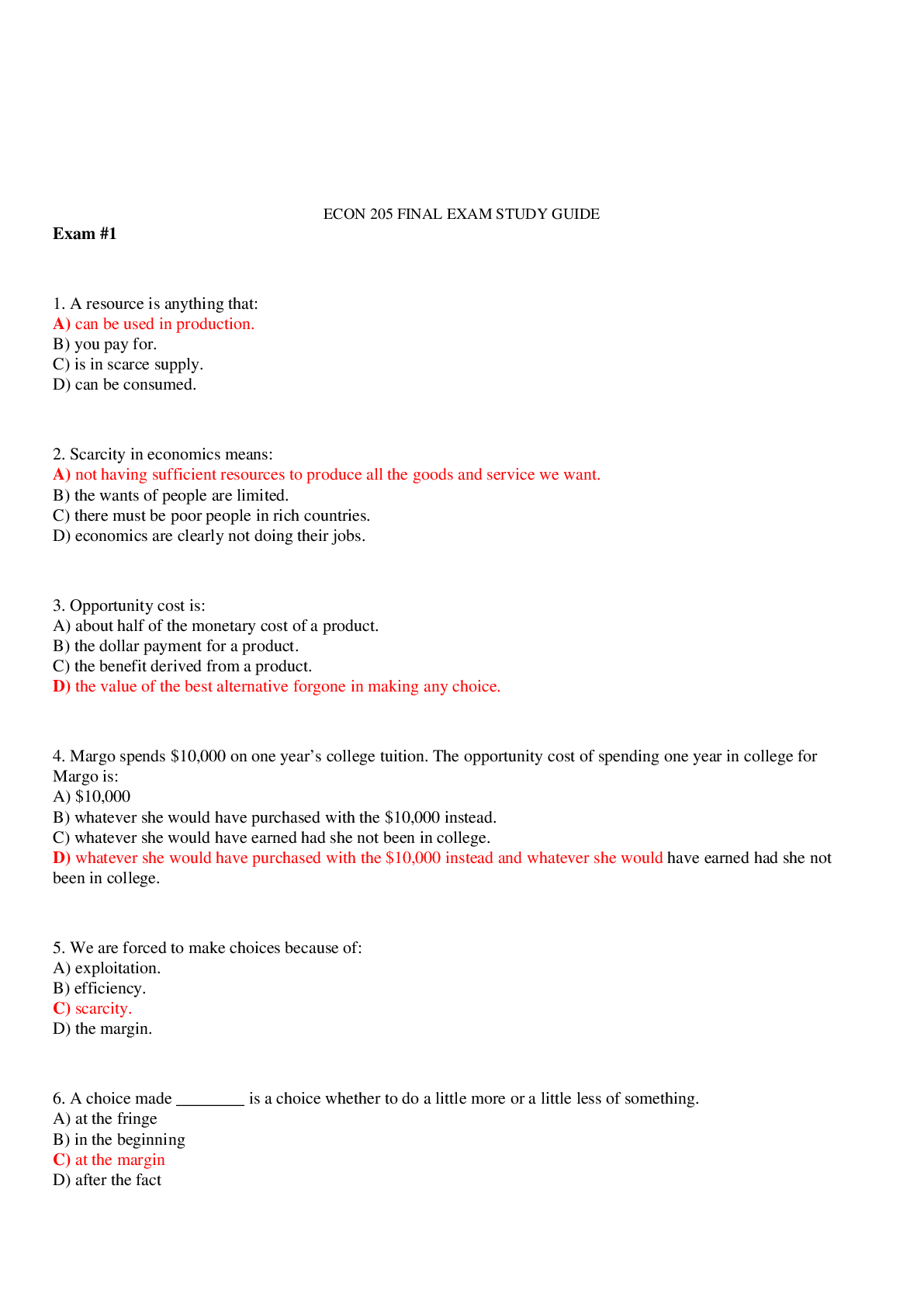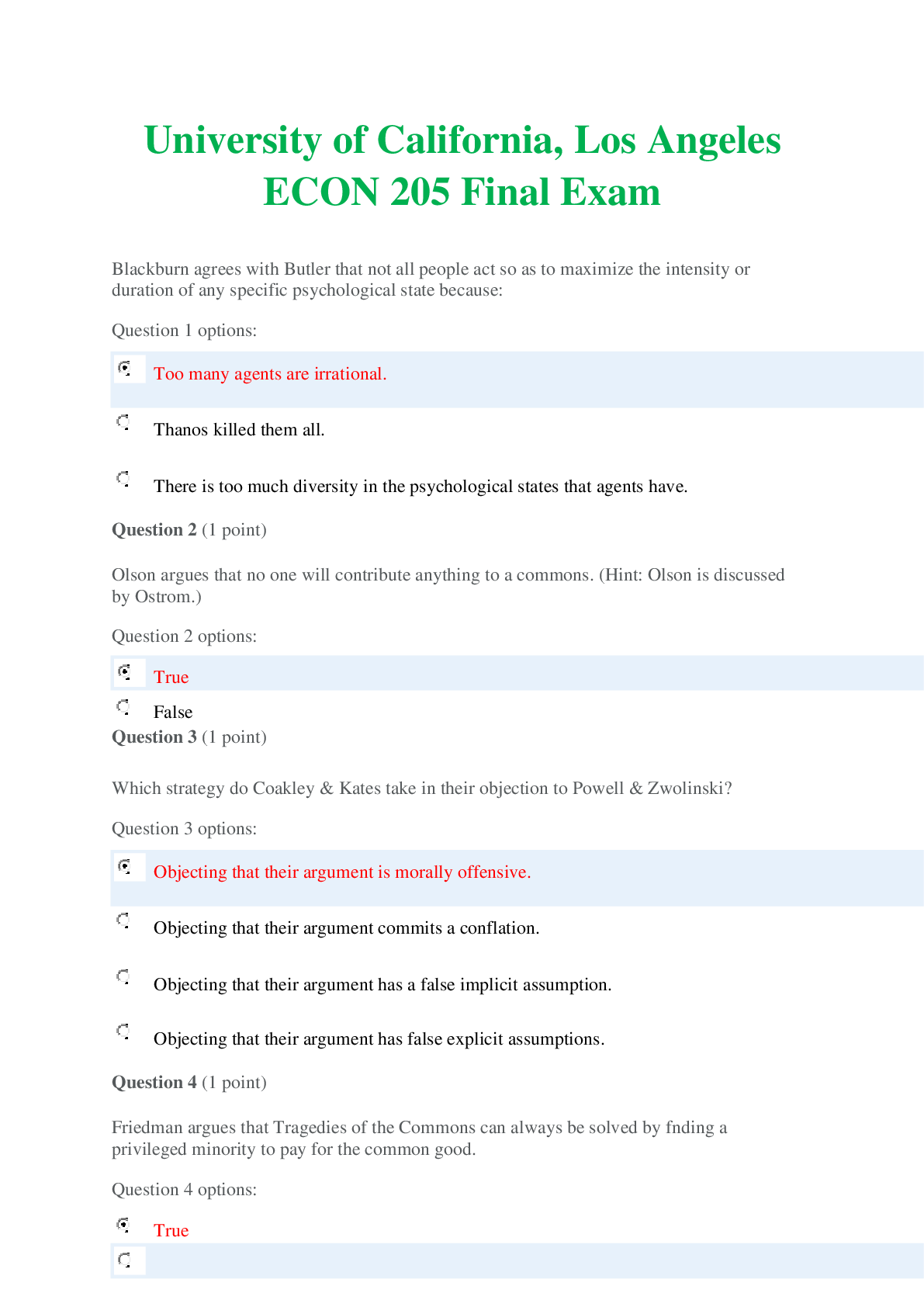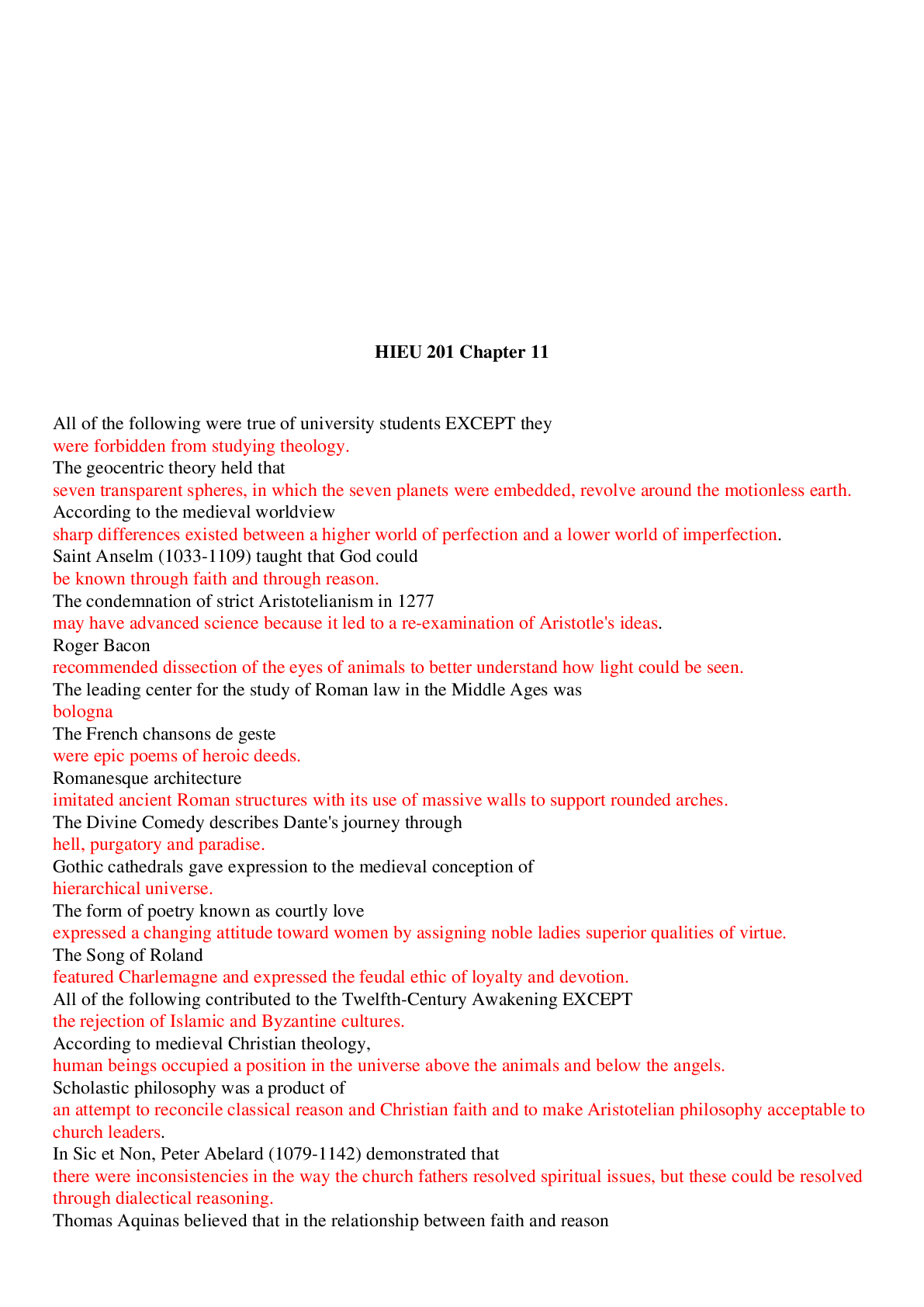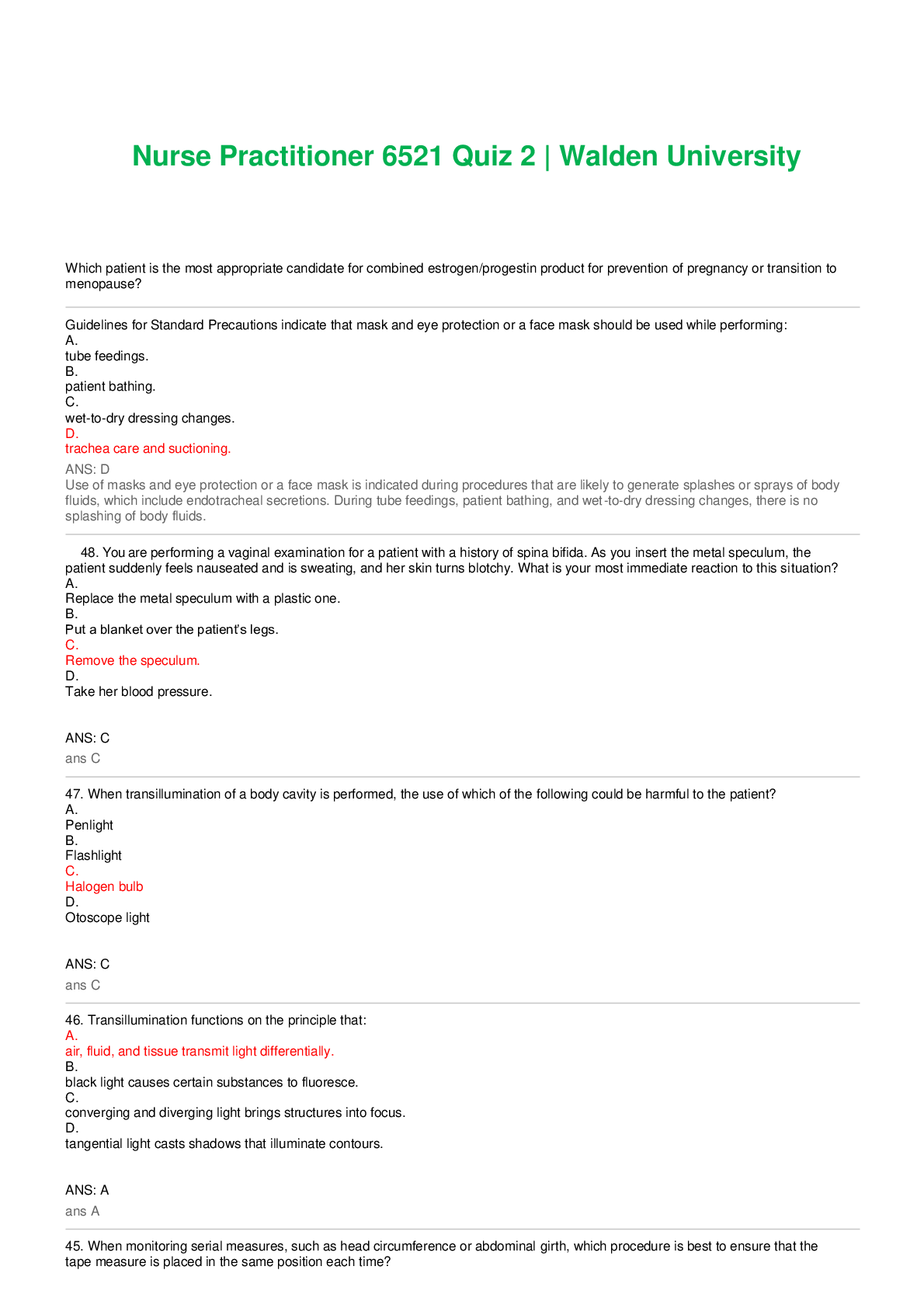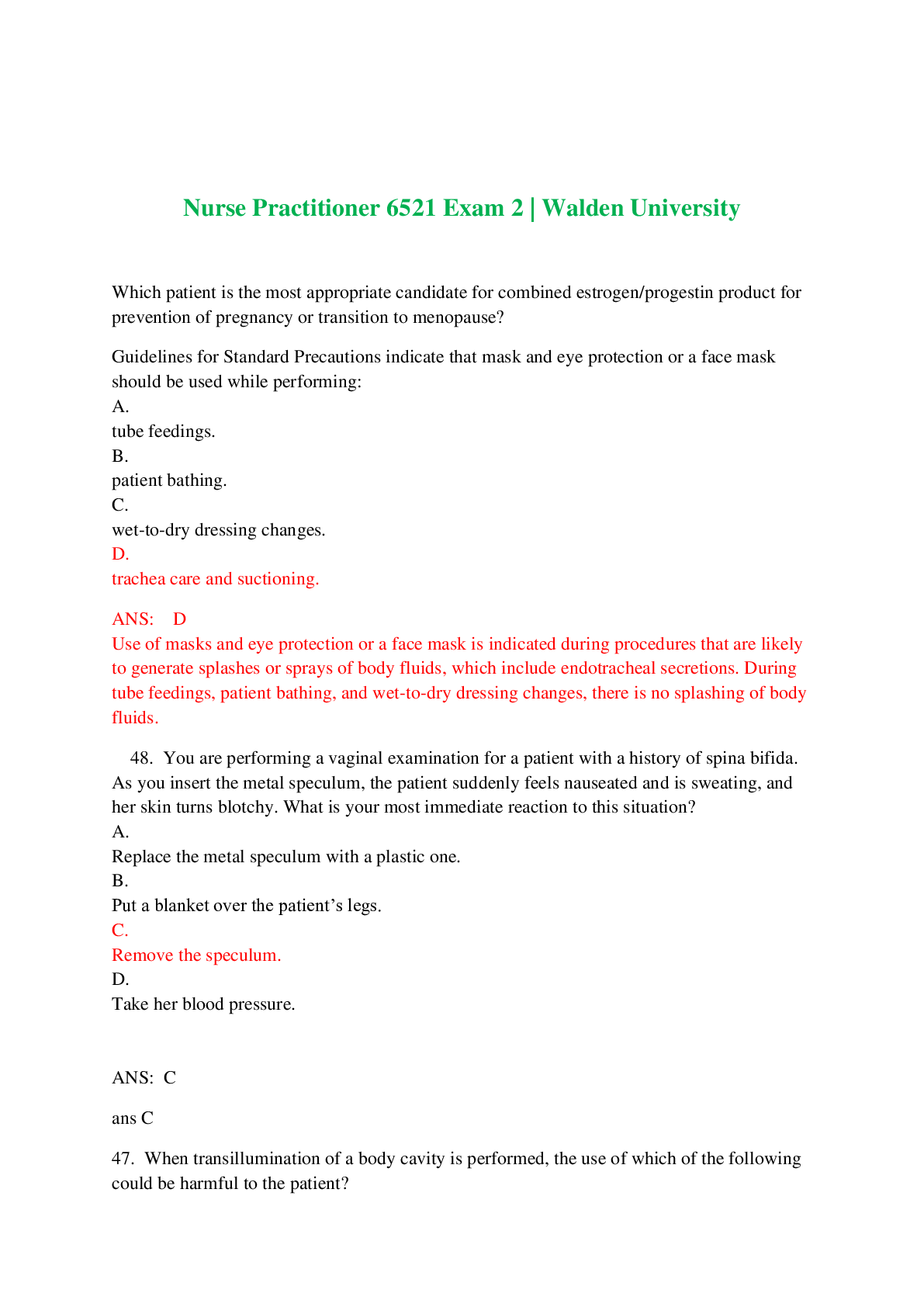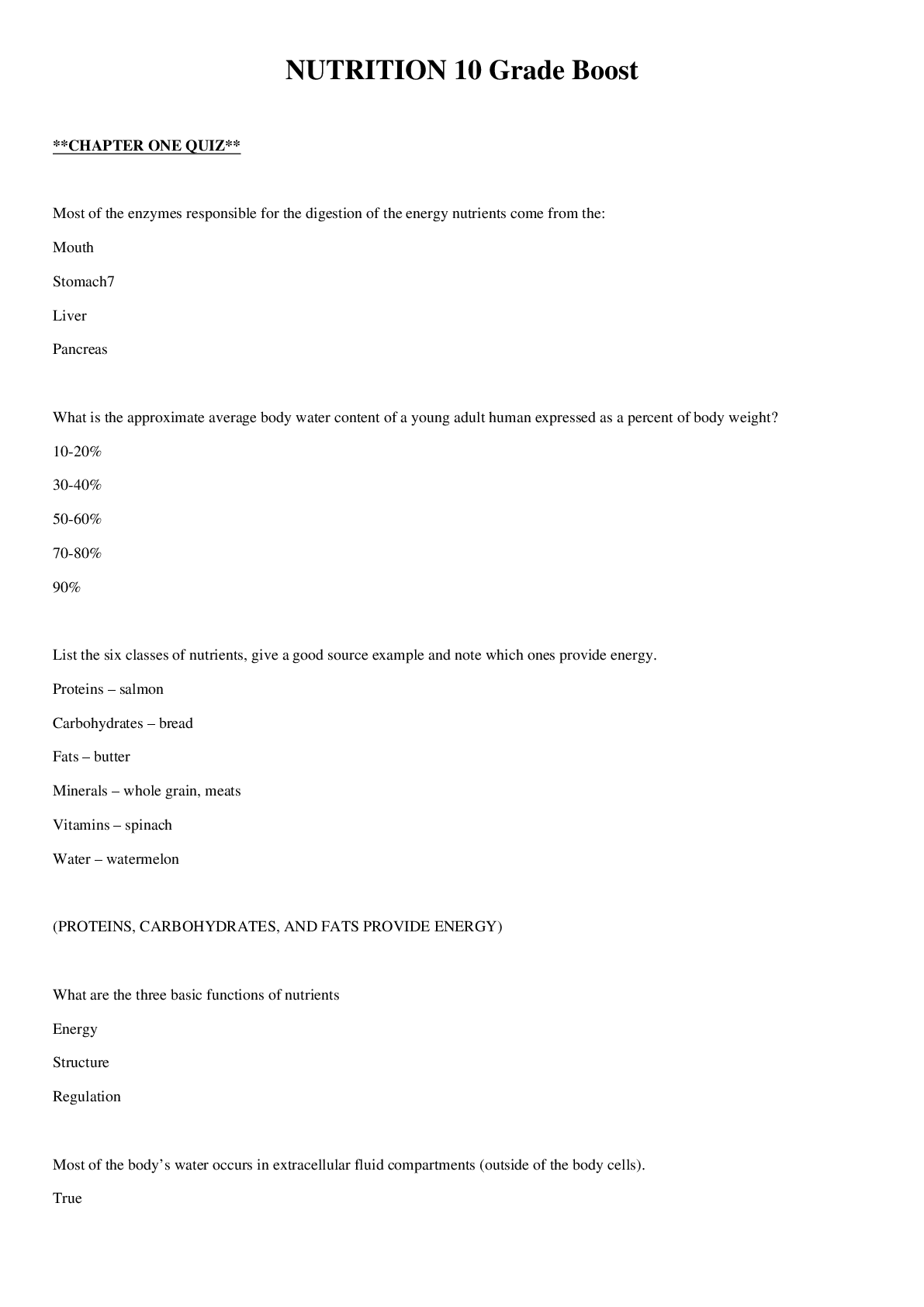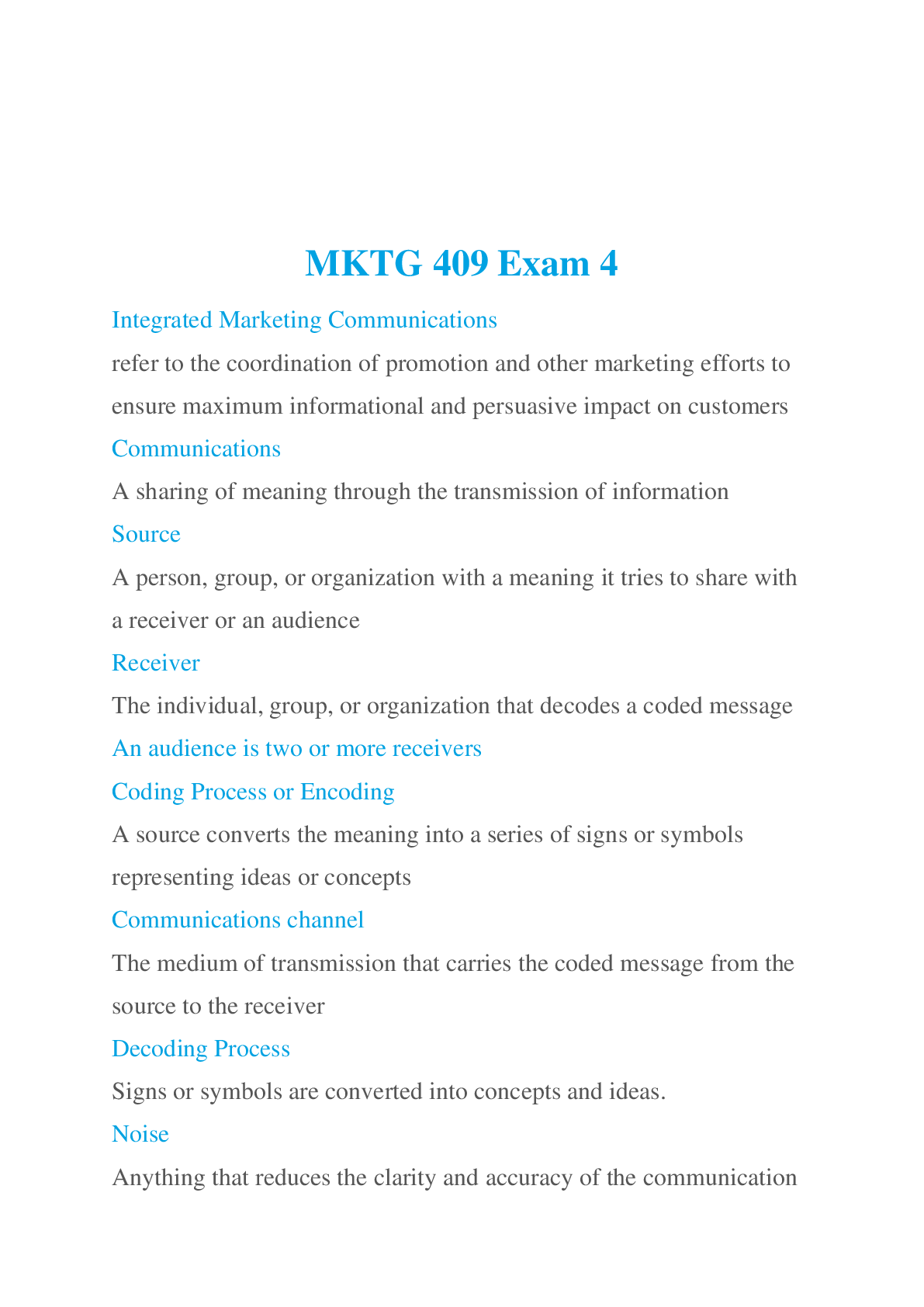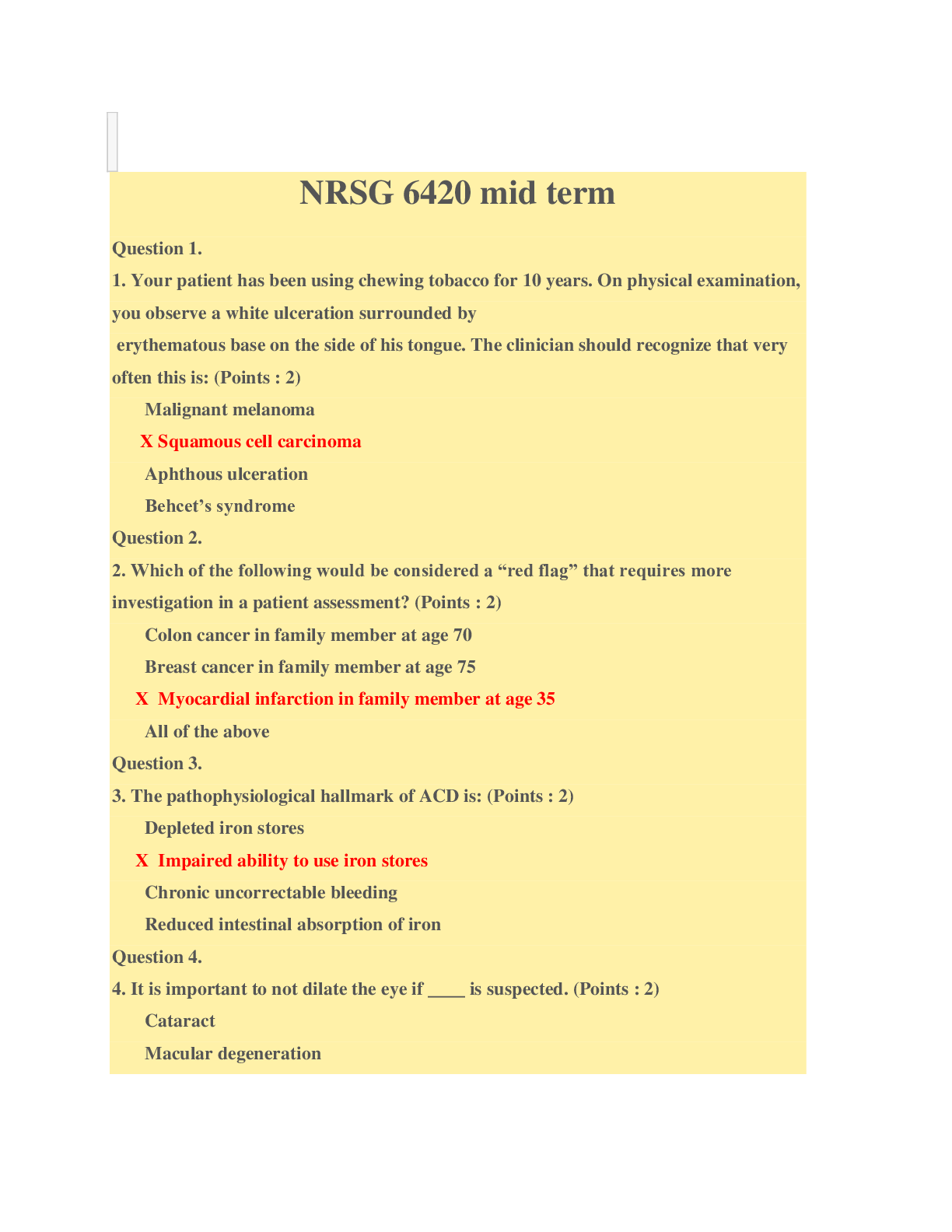Leadership_Theory_and_Practice_----_(14_-_Culture_and_Leadership).pdf
Document Content and Description Below
Leadership_Theory_and_Practice_----_(14_-_Culture_and_Leadership).pdf As the title suggests, this chapter is about culture and leadership. Like the previous chapter, this one is multifaceted and f... ocuses on a collection of related ideas rather than on a single unified theory. Our discussion in this chapter will center on research that describes culture, its dimensions, and the effects of culture on the leadership process. Since World War II, globalization has been advancing throughout the world. Globalization is the increased interdependence (economic, social, technical, and political) between nations. People are becoming more interconnected. There is more international trade, cultural exchange, and use of worldwide telecommunication systems. In the past 10 years, our schools, organizations, and communities have become far more global than in the past. Increased globalization has created many challenges, including the need to design effective multinational organizations, to identify and select appropriate leaders for these entities, and to manage organizations with culturally diverse employees (House & Javidan, 2004). Globalization has created a need to understand how cultural differences affect leadership performance. Globalization has also created the need for leaders to become competent in cross-cultural awareness and practice. Adler and Bartholomew (1992) contended that global leaders need to develop five cross-cultural competencies: First, leaders need to understand business, political, and cultural environments worldwide. Second, they need to learn the perspectives, tastes, trends, and technologies of many other cultures. Third, they need to be able to work simultaneously with people from many cultures. Fourth, leaders must be able to adapt to living and communicating in Not to be sold, copied, or redistributed. Property of SAGE. Northouse, Peter G. Leadership : Theory and Practice, Sage Publications Ltd., 2009. ProQuest Ebook Central, http://ebookcentral.proquest.com/lib/think/detail.action?docID=459253. Created from think on 2021-06-30 05:59:52. Copyright © 2009. Sage Publications Ltd.. All rights reserved. 336 Leadership Theory and Practice other cultures. Fifth, they need to learn to relate to people from other cultures from a position of equality rather than cultural superiority (Adler & Bartholomew, 1992, p. 53). Additionally, Ting-Toomey (1999) said that global leaders need to be skilled in creating transcultural visions. They need to develop communication competencies that will enable them to articulate and implement their vision in a diverse workplace. In sum, today’s leaders need to acquire a challenging set of competencies if they intend to be effective in present-day global societies. This chapter is devoted to a discussion of how culture influences the leadership process. We begin by defining culture and describing two concepts related to our understanding of culture. Next, we describe dimensions of culture, clusters of world cultures, and the characteristics of these clusters. We then learn how leadership varies across cultures, and which specific leadership attributes cultures universally endorse as either desirable or undesirable. Finally, we discuss the strengths and weaknesses of this body of research. Culture Defined Anthropologists, sociologists, and many others have debated the meaning of the word culture. Beca [Show More]
Last updated: 3 years ago
Preview 1 out of 42 pages

Buy this document to get the full access instantly
Instant Download Access after purchase
Buy NowInstant download
We Accept:

Reviews( 0 )
$13.00
Can't find what you want? Try our AI powered Search
Document information
Connected school, study & course
About the document
Uploaded On
Aug 20, 2022
Number of pages
42
Written in
Additional information
This document has been written for:
Uploaded
Aug 20, 2022
Downloads
0
Views
39




